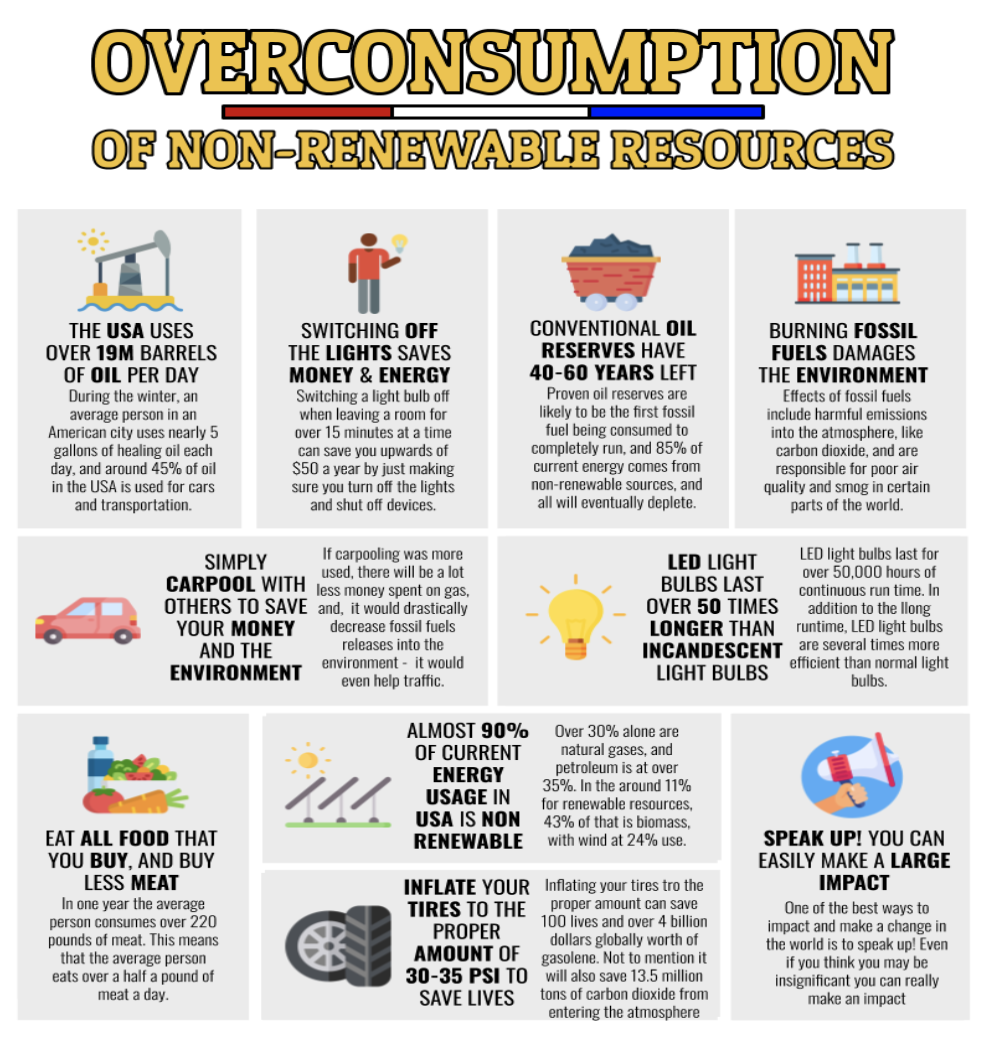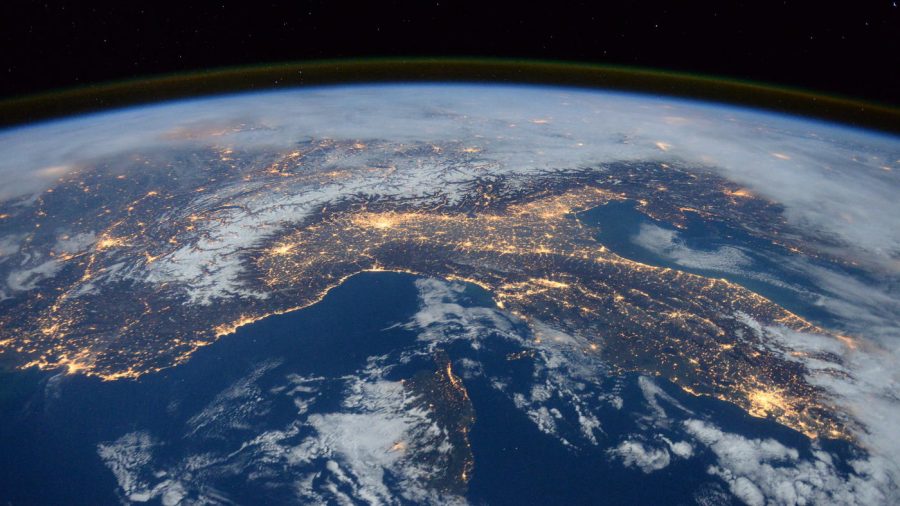How to: changing a growing crisis
How you can reduce overconsumption of non-renewable resources
Evaluating Our Importance In The Universe (NPR)
Our world is a truly beautiful place that we inhabit, but we could be facing huge issues if action isn’t take soon.
Global warming. Climate change. The greenhouse effect. It goes by many names and many forms. And against the opinions of too many around the world, yes, it does exist. It is serious; in fact, it’s much more severe than most may understand. But you’ve all heard of it, you know what it is, and repeating it here would be redundant.
Instead of stating the overstated, this article is meant to give you the information you need, as well as the tools to do your part in helping to create a better future for everyone. Doing the small things in your life can help reduce the amount of resources you are consuming and prevent our only home from being destroyed past the saving point. No matter the technological or economic advancements created in the coming days, our world needs help.
You see, our goal is to raise awareness, and though it may not have as much of an impact as some large conferences, it can and will affect this issue. The primary issue that needs to be addressed is not the large corporations that are consuming too much energy, but the small individual people who are over-consuming out of ignorance and selfishness. Every little choice you make can help.
As an individual, even if you live a very green lifestyle, you still consume many petroleum products. Using energy without a second thought is the way of life now. You’re even using electricity right now to read this article. So think before you choose. No one asks you to change your whole lifestyle, but thinking before making decisions can lead to significant improvements.
LED implementations
A straightforward task is switching to LED (light-emitting diode) light bulbs instead of incandescent bulbs around your house. Not only do they consume less energy, but they are also much cheaper than standard bulbs. Simply switching out the bulbs is one small difference you can make in your life while also making a difference for many other lives.
According to The Business Lighting Experts, LED bulbs can last for tens of thousands of hours and are several times more efficient than their competitor. LED bulbs go hand in hand with the lights being on for too long. As many times as you’ve heard it, turning the lights off when you leave a room or don’t need them is one of the most effective ways to reduce electricity consumption. Not only will this help the environment, but it will also positively affect your monthly energy bill.
Food reduction
Another example of simple yet efficient ways to help in your day-to-day life is while grocery shopping. When purchasing groceries, we often have a habit of buying perhaps more than we need. OOften, the food left on our plates at the end of dinner, or pushed to the back of the fridge for weeks, ends up in the garbage and contributes greenhouse gases in our atmosphere. By only buying what we need and making sure we save food and use what we have, we can significantly decrease the amount of garbage we produce every day.
According to the U.S. Department of Agriculture, although many of the faults fall on the production and packaging of the food, of which many of us can not control, there are still small steps we can take towards reducing waste.
“The best approach to reducing food loss and waste is not to create it in the first place. Waste can be avoided by improving product development, storage, shopping/ordering, marketing, labeling, and cooking methods. If excess food is unavoidable, recover it to donate to hunger-relief organizations so that they can feed people in need. Inedible food can be recycled into other products such as animal feed, compost and worm castings, bioenergy, bioplastics and clothing,” the United States government reports.
Transportation accommodations
Finally, one of the most considerable ways people affect our environment about the overconsumption of non-renewable resources is through the over-use of private transportation. By merely carpooling with your friends, using a hybrid car, or taking public transit, huge changes can be made. According to the Center for Climate and Energy Solutions, public transportation changes can both save money and save the world.
“Individuals can save more than $9,738 per year by taking public transportation instead of driving. Moreover, this mode can lead to substantial environmental benefits. If your commute is 20-miles round trip, the switch to public transportation could lower your carbon footprint by 4,800 pounds annually,” the Center for Climate and Energy Solutions reports.

Conclusion
Countless families worldwide have been doing this one fun and practical thing – the weekly activity of “unplugged Sundays.” This is beneficial to families and our environment. After all, how many hours do we already spend on electronics alone? 10? 12? Unplugged Sundays help everyone and our environment.
By just doing small tasks in your everyday life, we can work to bend the overconsumption curve and put us on the long road to recovery. No one can complete this task alone. We must unite and work together to make a real difference. Little things like LED bulbs instead of incandescents, carpooling when possible, and using all the food you purchase, and even the avant-garde methods of “unplugged Sundays” make such a big difference.
Just because you may feel small in this large and expansive world does not mean that you cannot make a difference. Take the future into your own hands for yourself, your family, and the world.

